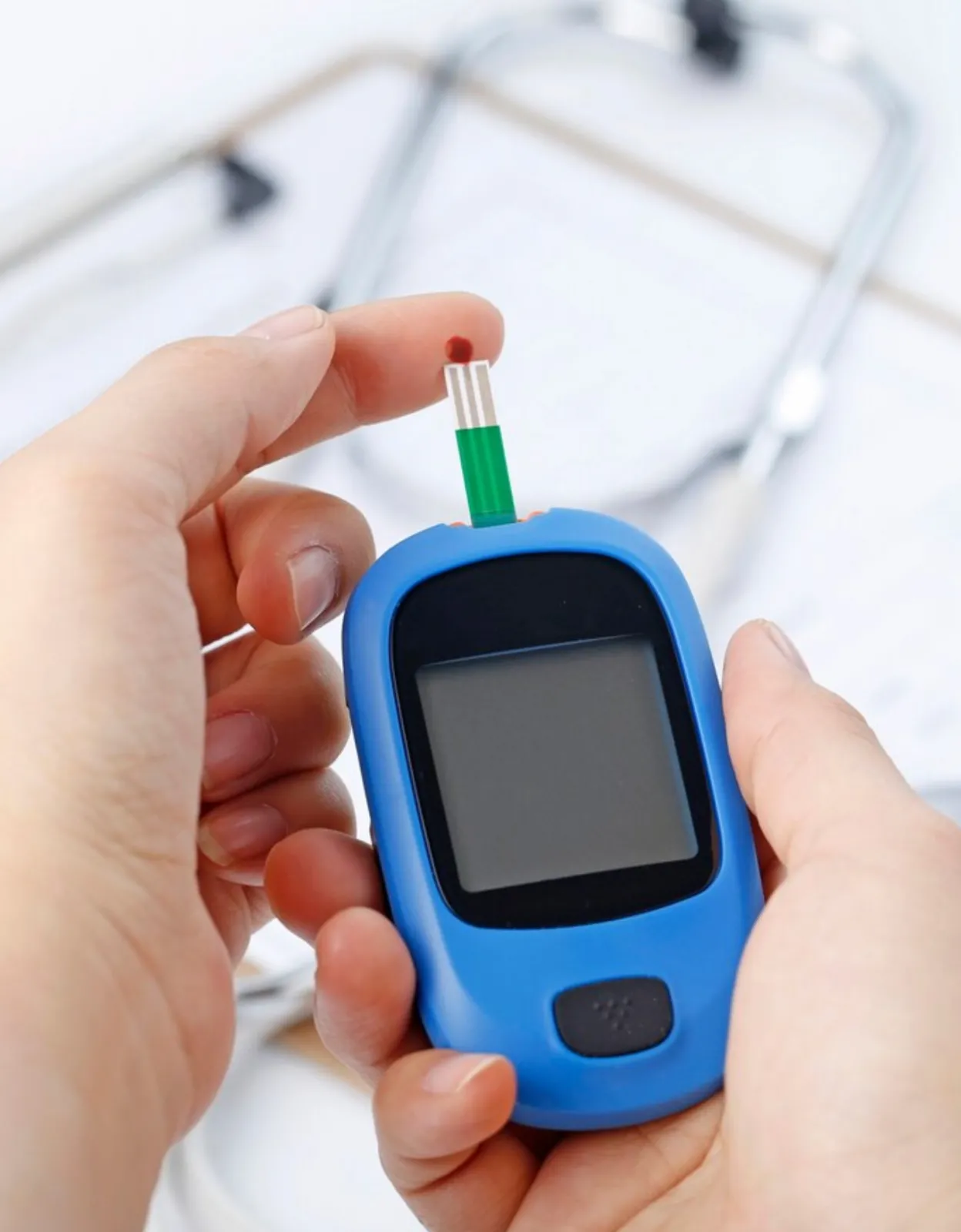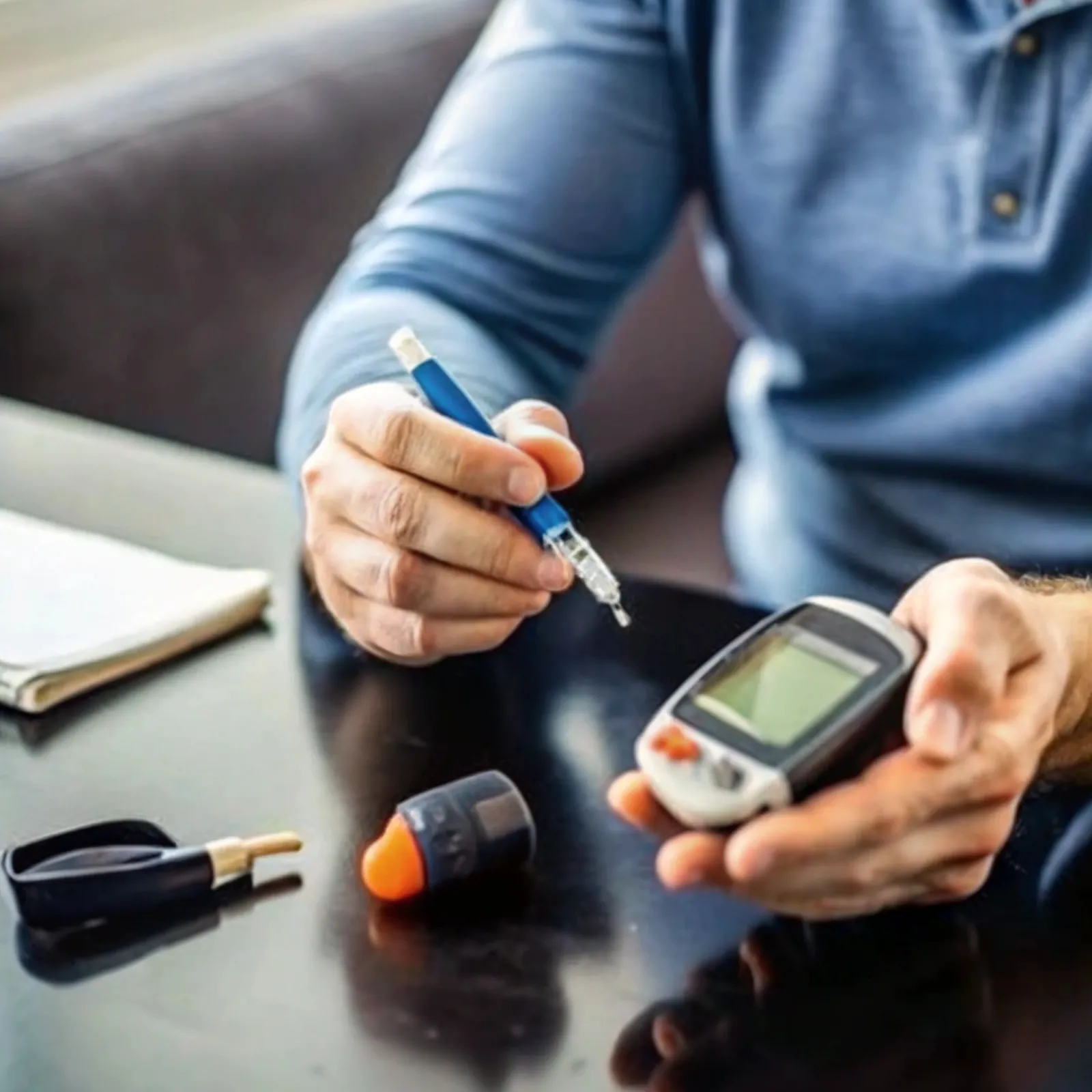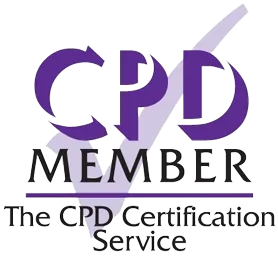29 Mar 2025
Recommended
Minimum 30 mins
Course
Access
Certification
Voiceover

The Diabetes Awareness for Healthcare Professionals course provides a comprehensive overview of diabetes, equipping healthcare providers with the knowledge and skills to manage this prevalent chronic condition. Covering the pathophysiology, diagnosis, treatment options, and patient education strategies, the course adopts a holistic approach to diabetes management.
Participants will gain insights into the different types of diabetes—Type 1, Type 2, and gestational diabetes—while exploring the latest advancements in pharmacological treatments, blood glucose monitoring technologies, and lifestyle interventions. The course emphasises patient-centred care, focusing on strategies for preventing complications, supporting self-management, and improving long-term outcomes.
Aligned with the latest UK guidelines, this course is designed to enhance clinical expertise, ensuring healthcare professionals deliver safe and effective diabetes care to diverse patient populations.

 £20
£20
Learning Outcomes.
By the end of this course,participants will be able:
To understand the pathophysiology of Type 1, Type 2, and gestational diabetes, and their management strategies.
To identify diagnostic criteria and apply appropriate tools for early and accurate diabetes diagnosis.
To explore pharmacological treatments, including insulin therapies and oral hypoglycaemic agents, with a focus on their mechanisms of action.
To develop effective lifestyle modification strategies, including dietary, physical activity, and behavioural changes.
To implement best practices for monitoring and managing diabetes-related complications, such as neuropathy, nephropathy, and cardiovascular disease.
To enhance communication skills for educating patients on glucose monitoring, symptom recognition, and preventing acute episodes.
Course
Contents.
01
Overview, risk factors, diagnosis, and pathophysiology of diabetes.
03
Characteristics and management of Type 1, Type 2, and gestational diabetes.
05
Techniques, device types, and troubleshooting.
08
Effective communication strategies to support self-management and adherence.

06
Nutrition, physical activity, and behavioural strategies for glycaemic control.
09
Emerging technologies, such as continuous glucose monitoring (CGM) and insulin pumps.
02
Roles of insulin, glucagon, and factors influencing blood glucose levels.
04
Insulin therapies and oral hypoglycaemic agents tailored to patient needs.
07
Prevention, recognition, and management of diabetes-related complications.
10
Implementing UK guidelines to enhance patient outcomes and safety.
This course empowers healthcare professionals to provide effective, patient-centred diabetes care, addressing the condition’s multifaceted challenges. By covering the latest knowledge in diagnosis, treatment, and education, it promotes adherence to UK best practices, helping to prevent complications and improve long-term outcomes for individuals with diabetes.
 Summary
Summary


